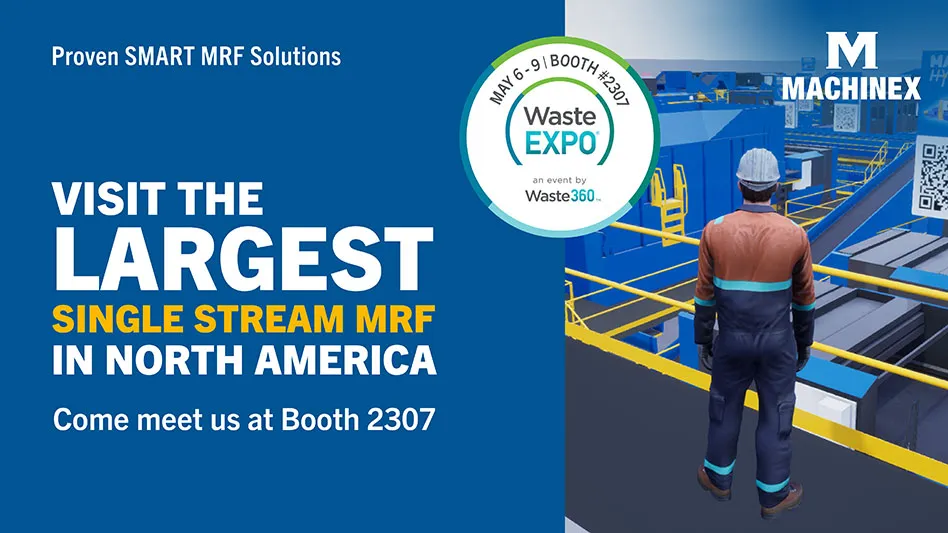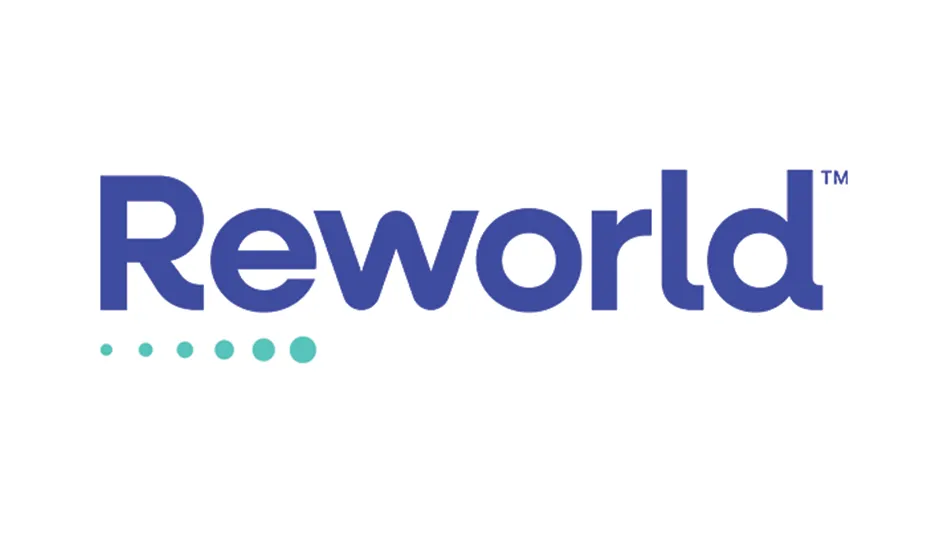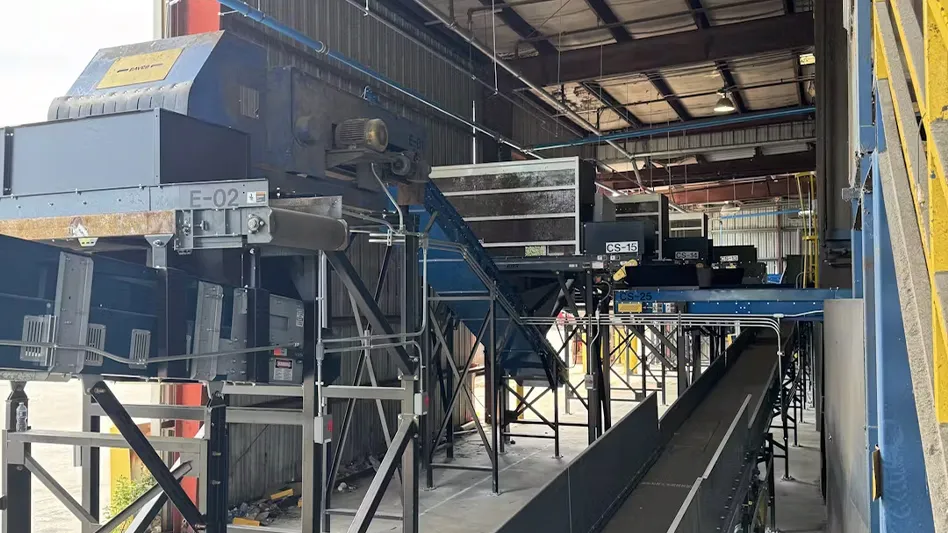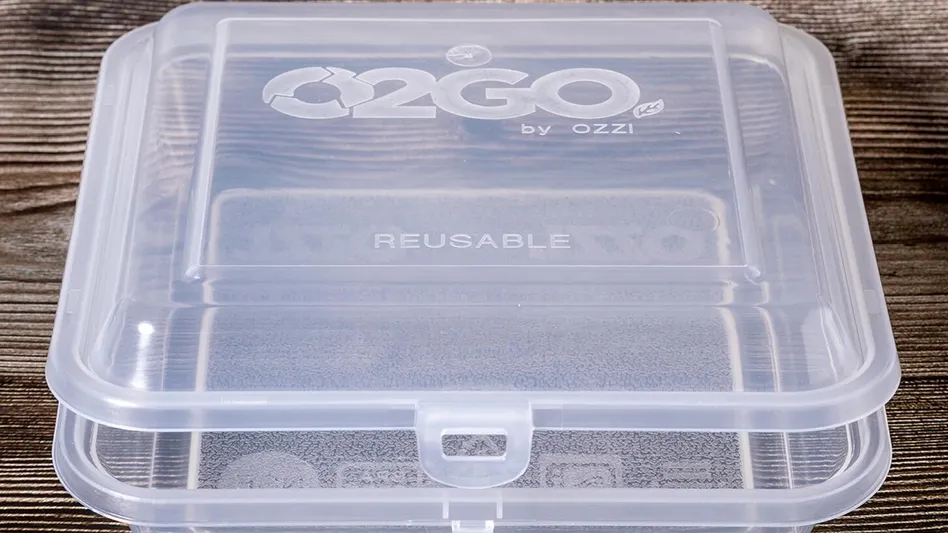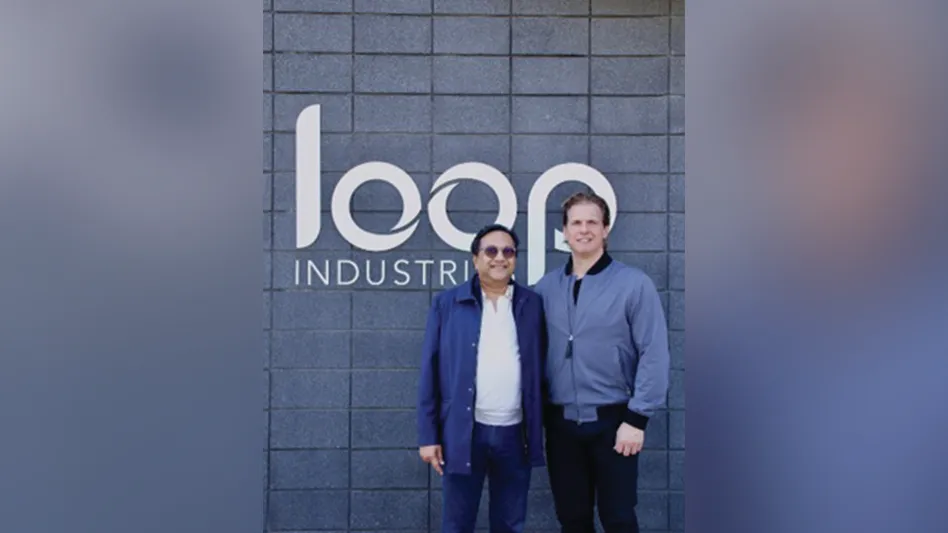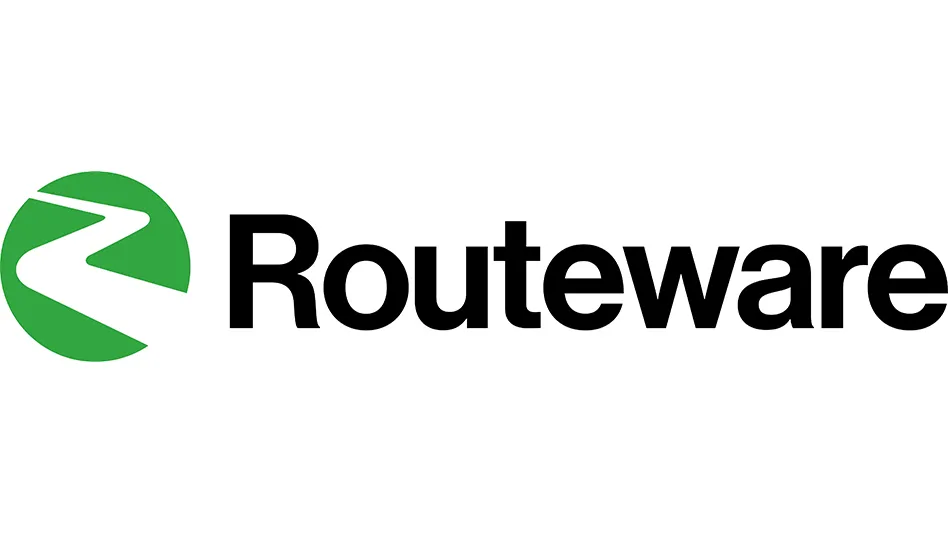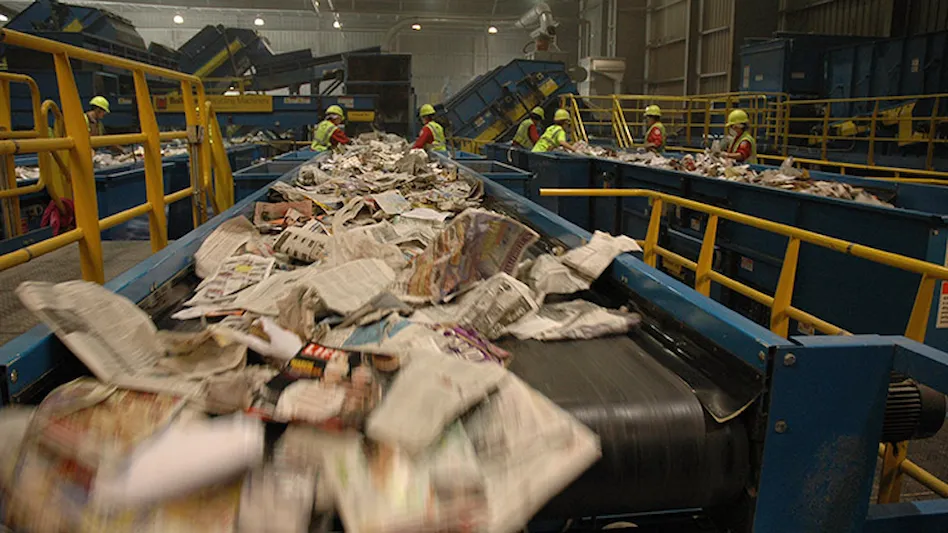
The Recycling Partnership, based in Falls Church, Virginia, has announced a new project in collaboration with MassDEP (Massachusetts Department of Environmental Protection) to drive more and better material into residential recycling programs across Massachusetts.
Supported by grant funds and building off of past work throughout the U.S., The Recycling Partnership will work with MassDEP to create a customized contamination reduction toolkit, which will then be tested and refined with pilot cities and local material recovery facilities (MRFs). “The end result will be a field-tested, data-supported program ready for launch across the entire state, along with training and funding to support its success,” The Recycling Partnership says in a news release about the effort.
“Improved quality and increased tonnage are constant goals in our industry, and this program is designed to achieve both,” says Cody Marshall, technical assistance lead of The Recycling Partnership. “We know that it will take an approach that integrates strong social marketing principles and proven operational tactics, and that is the foundation of this program.”
Throughout the year, The Recycling Partnership and MassDEP will work closely with Massachusetts communities and MRFs to diagnose the root causes of contamination. The partners will then build out and vet tools to eliminate the issues. “A key outcome will be a unified, adaptable messaging platform that provides communities with a common language for communicating with residents about recycling,” The Recycling Partnership says.
“Our communities are facing a challenging obstacle in the form of contamination, and we believe that this approach will move our entire recycling system well past that barrier,” says MassDEP Commissioner Martin Suuberg. “Beyond that, the universal nature of this program should unite our state’s recycling efforts in powerful new ways, increasing customer awareness and enabling more participation in local programs.”
The final toolkit will include a self-assessment component, which will allow local programs to easily identify the most effective methods for overcoming their specific barriers and help them prioritize and implement those approaches. The program will end with a reassessment to light new pathways to continuous improvement, The Recycling Partnership says.
“The commonwealth of Massachusetts is taking an aggressive stance to boosting recycling performance, and we are proud to be teaming up with such a forward-looking partner,” says Karen Bandhauer, The Recycling Partnership project director. “At the end of this journey, we will have a tactical, practical, proven set of approaches ripe for implementation across the country, and I for one can hardly wait to take this to the next level!”
Latest from Recycling Today
- Meeting the decarbonization challenge
- Cyclic Materials expands leadership team
- Paper cup acceptance at US mills reaches new milestone
- EPA announces $3B to replace lead service lines
- AMCS showcasing Performance Sustainability Suite at WasteExpo
- New Way and Hyzon unveil first hydrogen fuel cell refuse truck
- Origin Materials introduces tethered PET beverage cap
- Rubicon selling fleet technology business, issuing preferred equity to Rodina Capital
